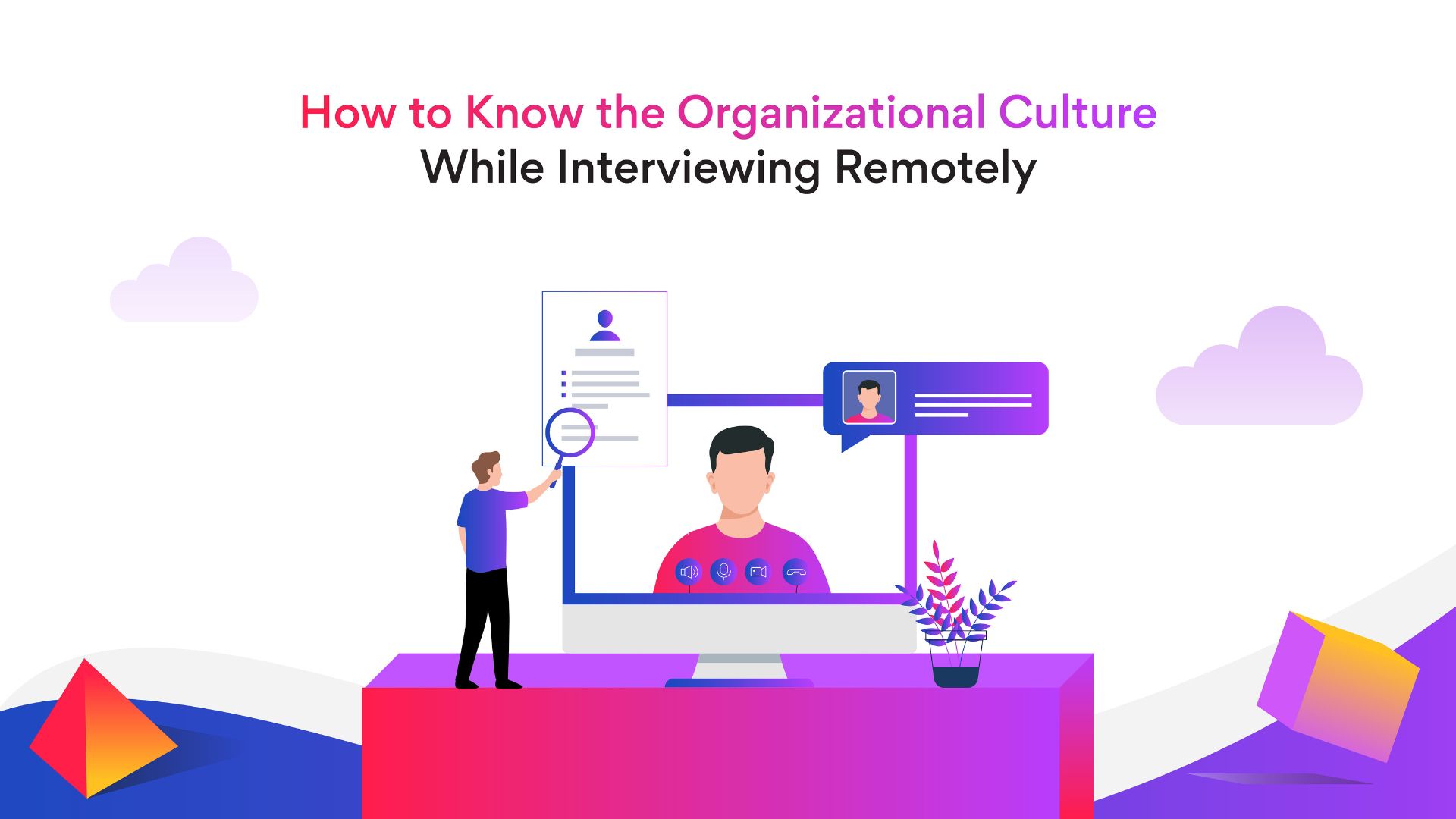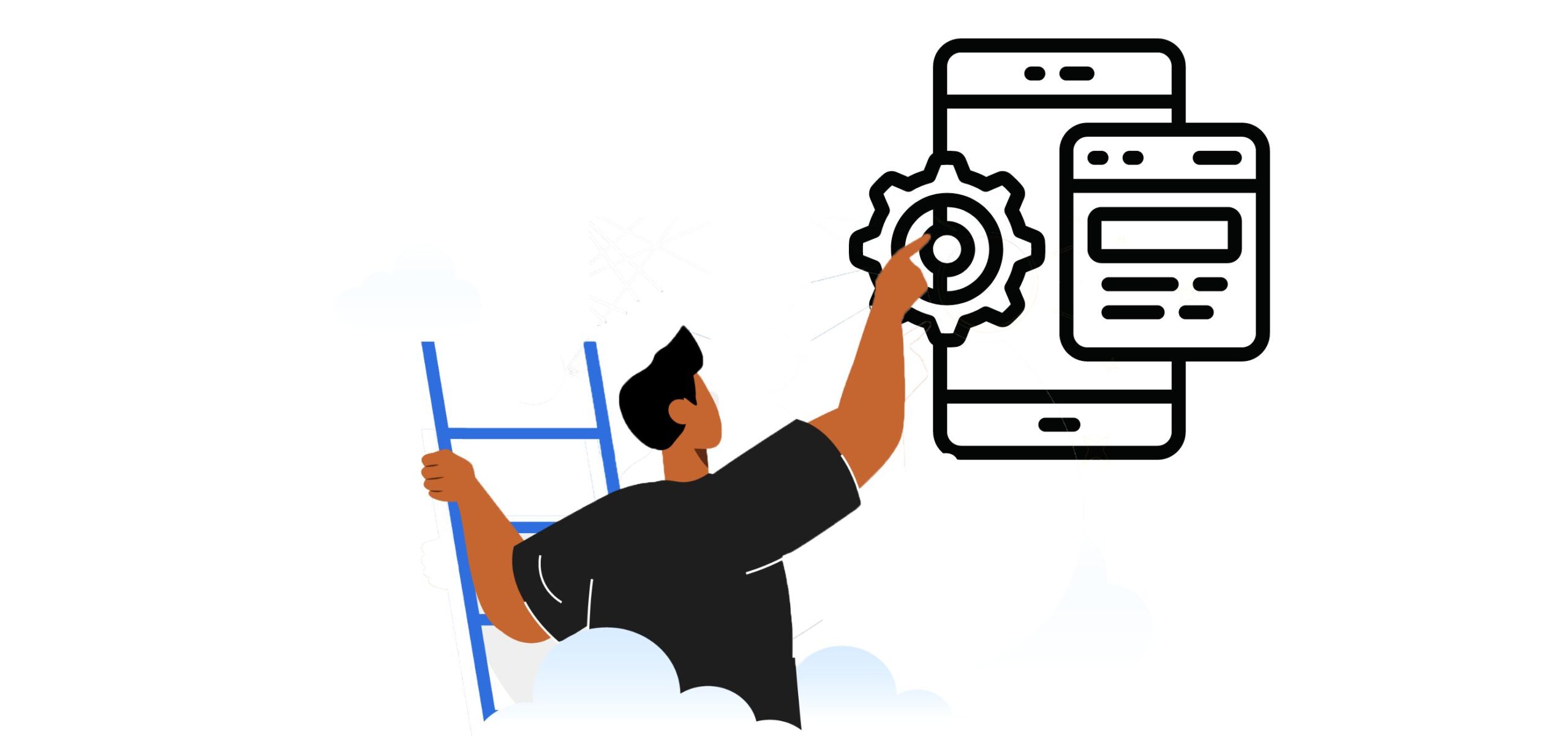Four Strategies That Helped Facebook Navigate Organizational Change Post-pandemic
Growing organizations need inspirational leaders to steer them towards success post-pandemic. According to Facebook’s engineering leaders, flexible work hours, greater empathy, and communication can help organizations guide their teams through this phase.
This post dives into the key strategies that helped Facebook cope with organizational change amidst the pandemic.
Key takeaways:
Embrace empathy and personalized communication
Leaders must be more empathetic towards their team members to build a sustainable work culture and ensure high productivity.
According to Mudit Goel, Director of Engineering for Real-Time Communications (RTC), everybody has a different situation at their home which we must not forget. “I’ve seen kids pop into the middle of a meeting to hug their parents. I’ve seen fire alarms come through, and I’ve seen a person I was talking with attacked by fire ants! We all have to find ways to work with others’ constraints,” he explains.
Jerome Pesenti, VP of AI, agrees: “As leaders, we need to show a lot of empathy for what people are going through and allow everybody to have as much of a normal life as possible, given the circumstances. Being mindful of what teams are experiencing is the key to staying calm, offering guidance, and showing support.”
Lead by example, and don’t hesitate to reach out for help
Jerome further adds that it is essential for leaders to live by example. “Many leaders on my team and across the company have shown that they need to adjust their regular schedule. We need people to find balance in a new and sustainable way. Find what works for you and makes you most productive,” he shares.
Surupa Biswas, an Engineer Director of Facebook’s Developer Infrastructure Group, agrees with Jerome. She says it has been quite a revelation to see people accept help from all corners of the company, and she too has taken to it. Biswas adds: “Facebook has such a big company growing on all fronts; still, all of us here feel like we are a part of a big team working together.”
Fierce prioritization in the face of uncertainty
Prioritizing relevant work and linking it to a core mission can help teams stay motivated. Focusing on business goals for organizational change will not be enough to help teams adapt. Leaders should balance both—empathy and inspiration.
Ning Li, VP of Engineering of Facebook Apps, says while it is essential to address new challenges, leaders focus on what is critical in the moment. According to her, it is okay to cancel certain projects as long as you focus on what’s relevant.
Li elaborates further: “For example, our team’s pivot to support small businesses is crucial right now. We’ve reprioritized our work, so our services run well for the businesses that need them. This stays true to Facebook’s mission.”
Share and utilize productivity insights
Sharing and utilizing productivity insights helps employees who are starting in an environment that is new to them. Engineering leaders should also test and sharing productivity hacks alongside their teams.
Goel also shares how leaders can learn from their teams. “Many people are facing similar challenges, and we’re all learning from each other. We tell each other about the different things we’re trying while working from home, and we talk about which one’s work. We also discuss the specific problems we’re facing and share how we’re overcoming them,” he explains.
For Biswas, creating a new schedule has been very helpful. “I try to have all of my critical meetings between 8:00 am and noon,” she adds. That way, she has more time throughout the day for her personal activities.
Not just Facebook but organizations worldwide are experimenting with novel management practices to adapt to a distributed workforce. As more and more organizations shift to remote work culture, leaders need to develop new ways of empowering their team members. Most importantly, they need to understand that the future of work requires a flexible, high trust, inclusive and compassionate culture.
Are you struggling to recruit skilled software developers since the pandemic? Turing can help. Turing’s automated platform lets companies “push a button” to hire senior, pre-vetted remote software developers. Access a talent pool of the top 1% of 700K+ developers with strong technical and communication skills who work in their time zone. There’s no risk. Turing offers a free two-week trial period to ensure your developers deliver to your standards.
For more information, visit Turing’s Hire page.
Tell us the skills you need and we'll find the best developer for you in days, not weeks.












